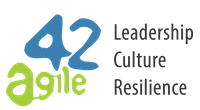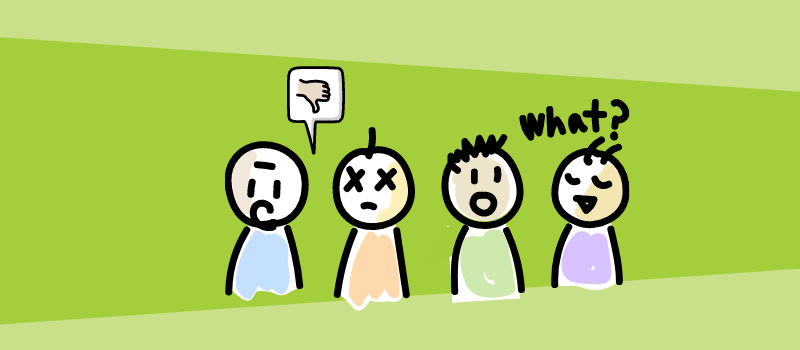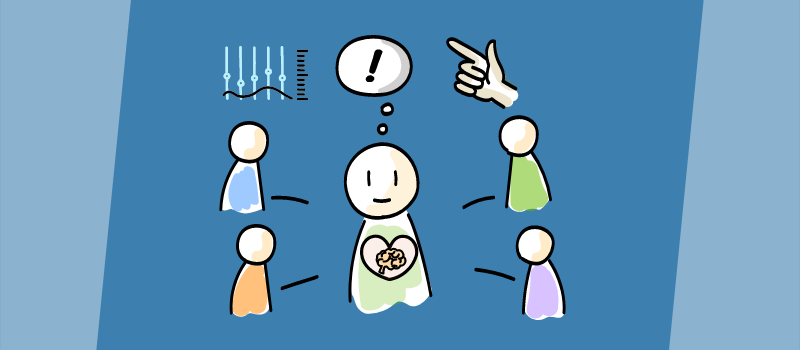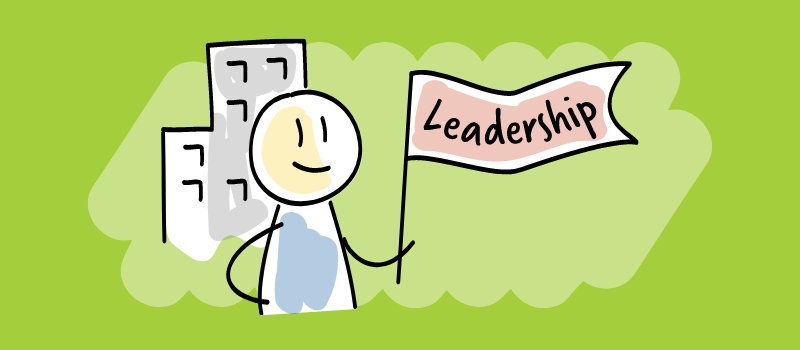Leading Remotely: Part 2
/by Amy BridgeIn Part 2 of our "Leading Remotely" theme, ORGANIC agility® leadership coach Andrea Tomasini, shares his insights of the effect the COVID-19 pandemic has had on organisations, addressing why some companies have fared better. He also gives tips on how leaders can increase effectiveness when working remotely whilst finding ways to reduce stress levels amongst employees.
You can watch the full video interview below:
Did you observe any particular change in organisations when the pandemic hit?
The pandemic definitely changed the way we are working and the way we are doing things together. In particular, if we think about all the rituals and behaviours which were established before the pandemic hit, when people were still in offices and they had an effective playbook in place, and now being forced to work together remotely, it’s very unlikely that those same established rituals and processes will work effectively.
Another thing which is different is that the stress levels of people working remotely tends to be very high, especially if people were not used to this before. The reason being that when you work remotely you are always looking at a screen, you are moving less, so your body has less chance to destress, to re-oxygenate. For many of us, working remotely has turned into a series of back-to-back meetings where you don’t even have time between meetings to walk out of a meeting room and to chat to colleagues in the corridor, or just to give your brain a few minutes to disconnect from the topic. This definitely increases stress levels.
What would you say has become more difficult?
What is really difficult is the level of awareness in terms of some cultures to understand the context switching. When we used to work in physical offices or when meeting clients in different places, our subconscious was used to the switch of context and the environment around us. We also learnt to adapt our behaviour and attitude accordingly depending on the specific client or employee. This is something that is very difficult to do when working remotely as we physically stay in the same place; we are likely dressed in the same way; we are looking at the same screen all day. So switching context when working remotely creates a significant amount of stress as we tend to think a lot more consciously rather than subconsciously about how we should behave.
was used to the switch of context and the environment around us. We also learnt to adapt our behaviour and attitude accordingly depending on the specific client or employee. This is something that is very difficult to do when working remotely as we physically stay in the same place; we are likely dressed in the same way; we are looking at the same screen all day. So switching context when working remotely creates a significant amount of stress as we tend to think a lot more consciously rather than subconsciously about how we should behave.
What can be done to increase effectiveness when working remotely?
So in order to work more effectively remotely, leaders in principle need to continue doing what they have always been doing which is focusing on creating an environment which enables their teams and their people to work more effectively together and to deliver customer value. This in principle didn’t change, however in practice it did as we can’t use all the techniques and tools we used when we were working physically together in an office. We also lost the possibility to just walk around and observe what is going on.
There are some techniques we can use even today with digital tools, however, the feeling and the way people react to those types of observations is completely different from the one they had when you just walk around the office and have a chit-chat here and there. Ultimately it boils down to the fact that we need to create a higher level of autonomy. When people work remotely and they cannot physically collaborate with one another, they need to be in a position in which they can deliver value and be satisfied with the work they do without too much help. If people need a lot of help to complete their work they end up feeling frustrated - sitting alone in front of their screen and struggling to find answers to their problem. This likely creates that feeling of incompetence, that feeling of being inadequate and definitely increases the level of stress.
Why do you think some companies seemed to have fared better during the pandemic?
I tend to agree with what Geoff said in the previous video that the companies that invested preemptively in creating a higher level of autonomy and nurturing self-organization when they still had the possibility to do so in a physical environment, definitely had a head start when the pandemic hit. However, it’s not impossible to help people increase their level of trust and self-confidence when working remotely by supporting them in terms of mentorship, coaching and even providing them with the opportunity to upskill.
There are many new skills that we need to learn when working remotely and it’s not as easy as before - you cannot simply send people to workshops or tell them to read a book. As they still need to find the time to do this, we need to be more supportive and empathetic about the new way of working and help them become self-confident to deliver value and ultimately gain satisfaction from the work that they do. It’s also important that they engage with the outcome and the ownership of what they are doing.
You talked about higher levels of stress before - what can be done to reduce it?
In order to help people reduce their level of stress, we can look at ways to give them back that human touch that they might have lost by interacting with people only through a camera. The other issue is that if we keep on planning meetings back-to-back nobody will have the chance to even stand up from their chair, so one thing that I’ve seen being quite effective is to do what they call “speed up meetings”. Don’t do long meetings anymore - try to keep meetings short and make sure there is at least 10-15 minutes between meetings so people have the opportunity to stand up, move around a bit, or perhaps get a breath of fresh air.
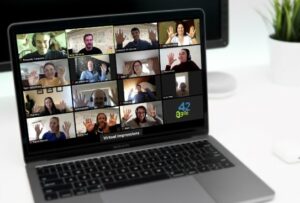 In order to help people cope better with the situation and for you as leaders to understand how everyone is doing, you should consider having informal conversations. The informal conversations we used to have around the water cooler aren't as easy to have in a remote environment. As leaders we should consider having half an hour meetings with the team every week or every 2nd week to just talk about something other than work. Take your mobile phone and go for a walk outside - have a relaxing conversation. Check how people are doing; how their family is; what their interests are beyond work. Give them back that human touch we had in a physical environment.
In order to help people cope better with the situation and for you as leaders to understand how everyone is doing, you should consider having informal conversations. The informal conversations we used to have around the water cooler aren't as easy to have in a remote environment. As leaders we should consider having half an hour meetings with the team every week or every 2nd week to just talk about something other than work. Take your mobile phone and go for a walk outside - have a relaxing conversation. Check how people are doing; how their family is; what their interests are beyond work. Give them back that human touch we had in a physical environment.
What didn’t change for leaders then?
At the end of the day what we need to do as leaders still remains the same. We need to engage people, we need to help them deliver the value they want to deliver and we need to be able to do that at a sustainable pace. We have to pay particular attention to the work/life balance of our employees to make sure they keep on delivering value, they remain engaged and ultimately help us in becoming successful.
Watch the recording of Andrea's webinar on "Leading Remotely".
*Click here to read Part 1 blog post*
